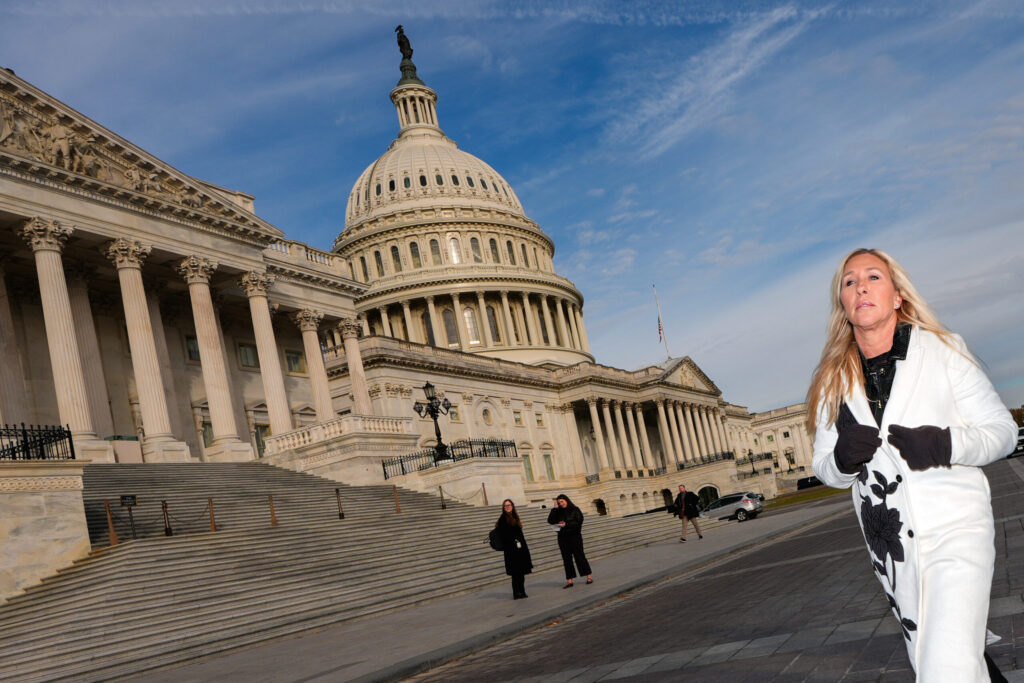Leinweber: Colorado’s economic security relies on healthy public lands
As an angler, I appreciate Colorado’s public lands for their pristine condition. They bring incredible moments of stunning silence, punctuated only by birds calling and the whisper of the wind blowing. Another day brings a spectacular view of the sun rising over snow-capped mountains. No matter what your attraction is to Colorado’s land, its beauty is appreciable universally.
Hiking, biking, fishing, climbing, kayaking, camping – you name it, Colorado’s pristine public lands have it. All across the state, untouched outdoor expanses contain adventure and exploration opportunities for people from around the world. And the opportunities presented by Colorado’s wilderness are not wasted: in 2015, there were 1,230,000 quiet recreation visits tallied to the area managed by the Colorado Bureau of Land Management’s Royal Gorge Field Office alone.
Quiet recreation is nonmotorized activity like camping, hiking, climbing or hunting. These new statistics, reported by the independent firm ECONorthwest, prove that people are coming to Colorado to take advantage of outdoor opportunities beyond just skiing and snowboarding.
These visits bring vast economic benefits to local economies around the state. The Bureau of Land Management noted that the 1.23 million visits brought more than $54 million in direct spending to areas within 50 miles of recreation sites in the Royal Gorge area. This goes beyond just park visitor fees: it extends to people staying in hotel rooms, eating in diners, renting recreation equipment and hiring guides. By circulating through the local economy, these direct dollars contributed to an additional $40.1 million in employees’ salaries, wages and benefits. They directly support 693 jobs, in the Royal Gorge area alone.
Threats to the land that Colorado residents take such great pride in double as threats to the economic well-being of local communities across the state. Conservation efforts aimed at preserving quiet recreation spaces will not only keep Colorado’s lands pristine, but will also maintain an important source of revenue for hundreds of local businesses.
Colorado businesses and citizens rely on our cherished outdoor space not only for a sense of state pride, but also for financial security. Threats to public lands endanger the livelihood of thousands of Coloradans. Maintaining the integrity of this land is imperative to support Colorado communities.
A broad dialogue surrounding conservation of Colorado’s land is important. It will allow us to balance the needs of expanding communities with the economic well-being of rural areas and the preservation of wild land for future generations. A comprehensive conversation about the needs of different groups and organizations will allow us to set some land aside for quiet recreation (hiking, fishing, camping) and some for motorized recreation. This way we can support a variety of businesses and still protect Colorado lands.












